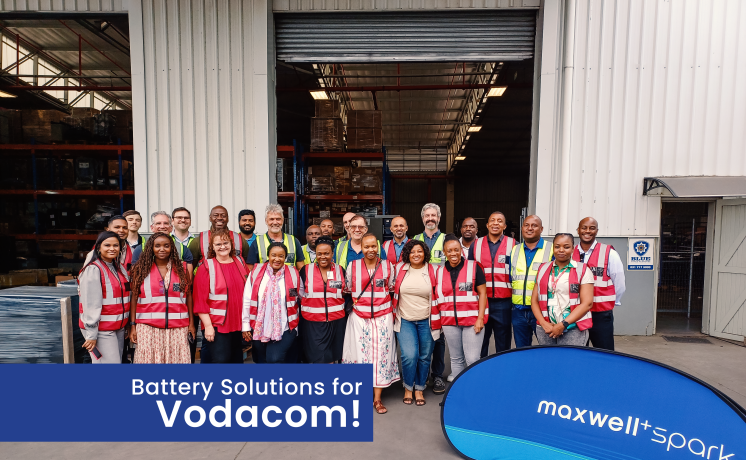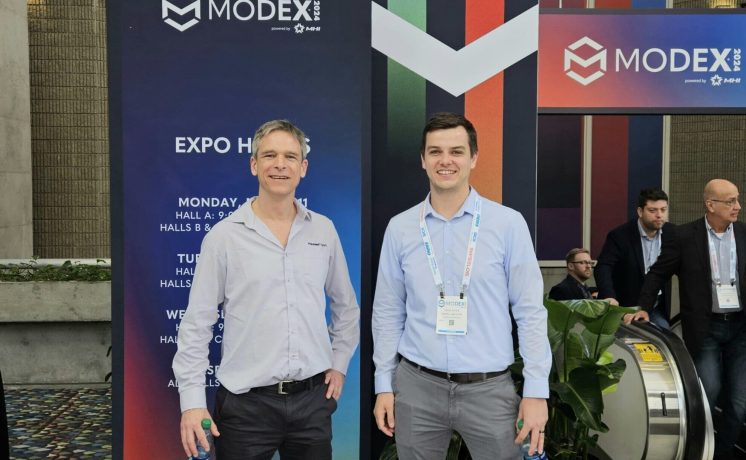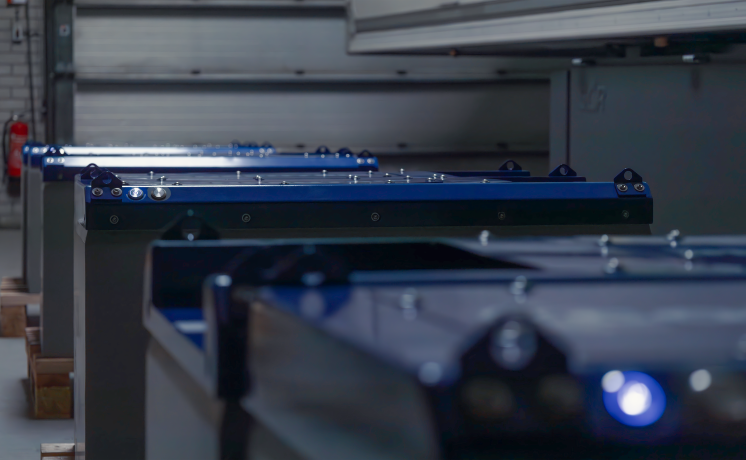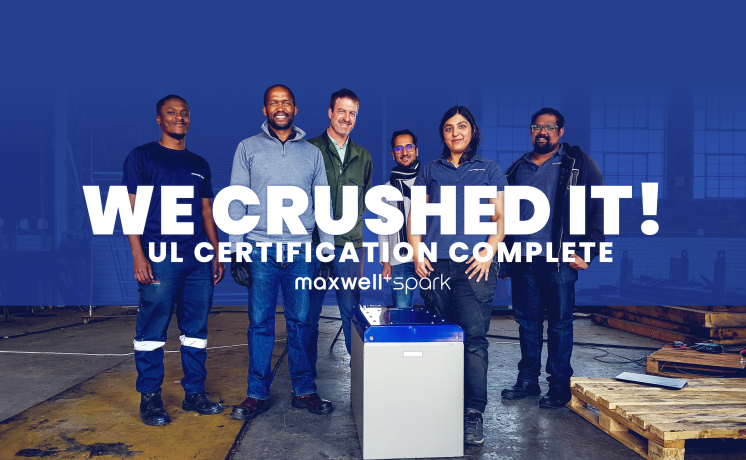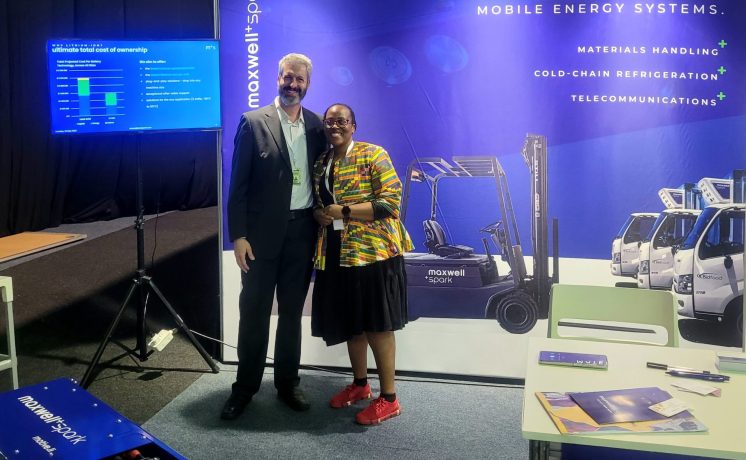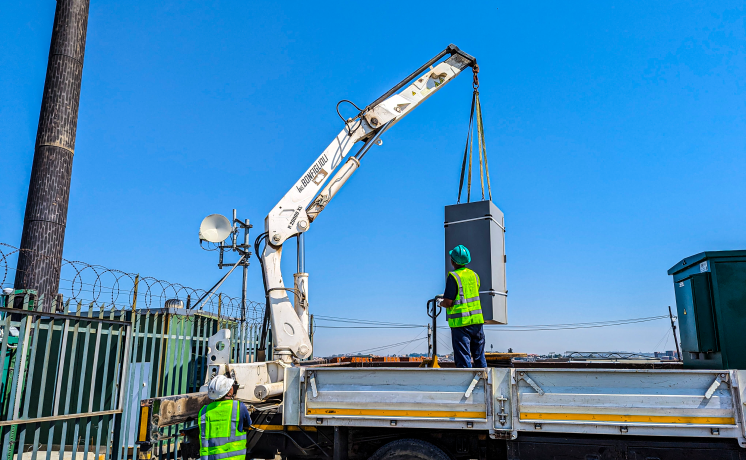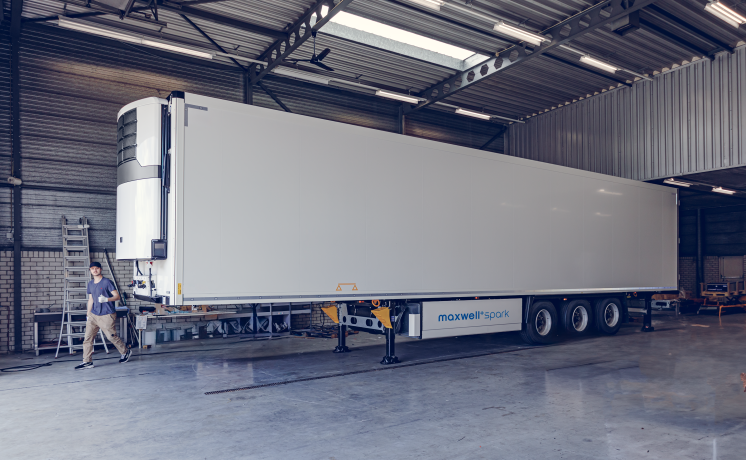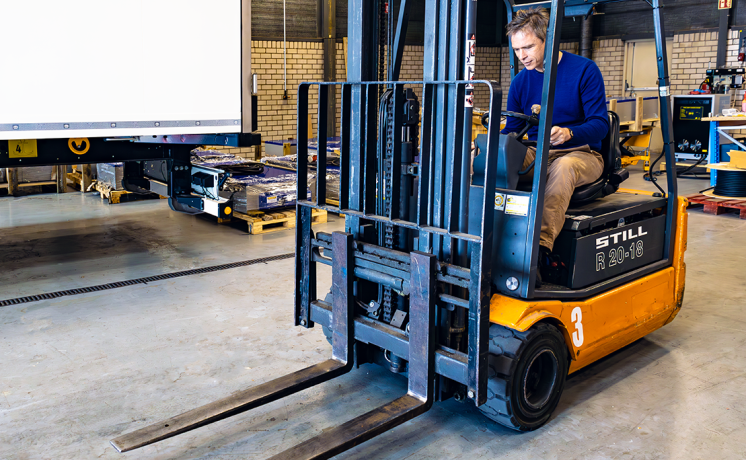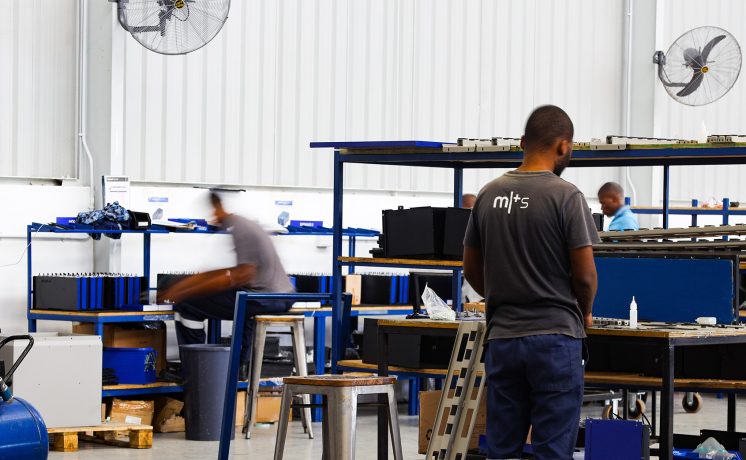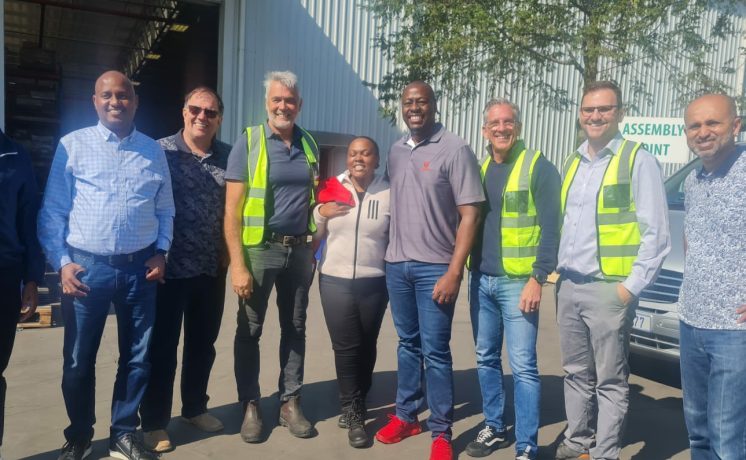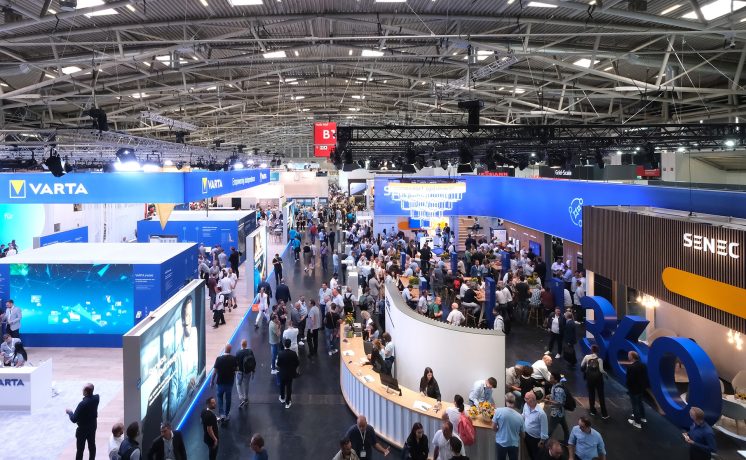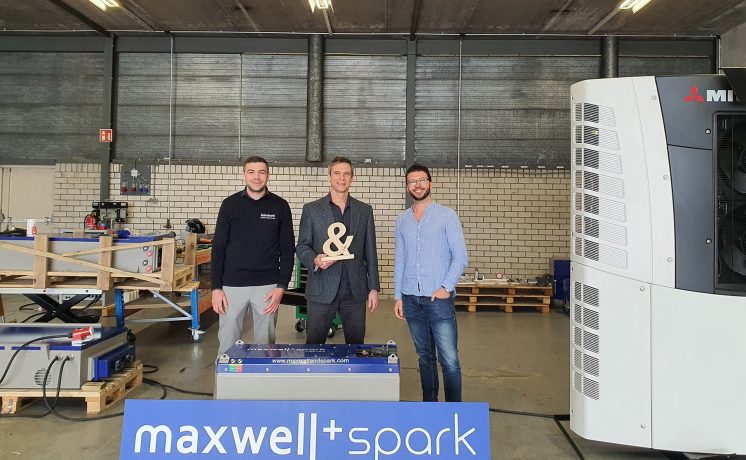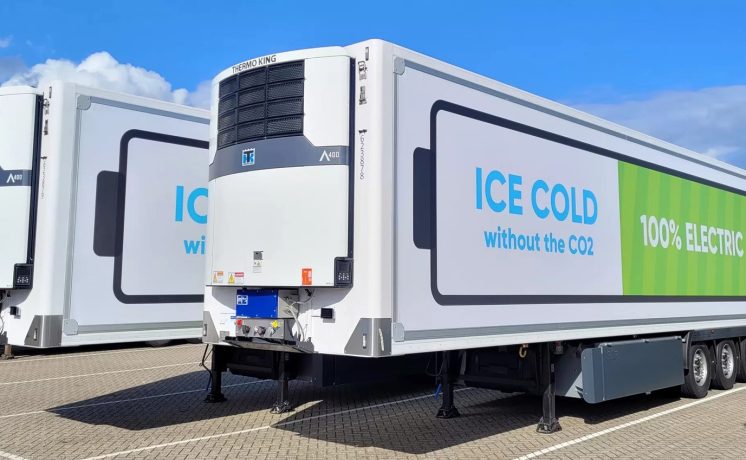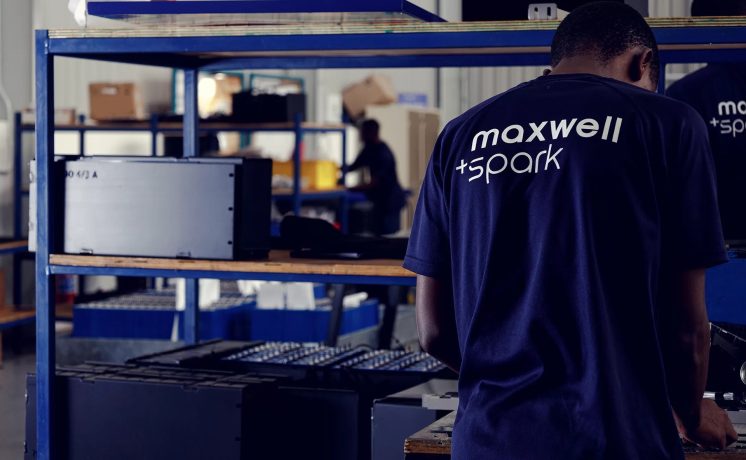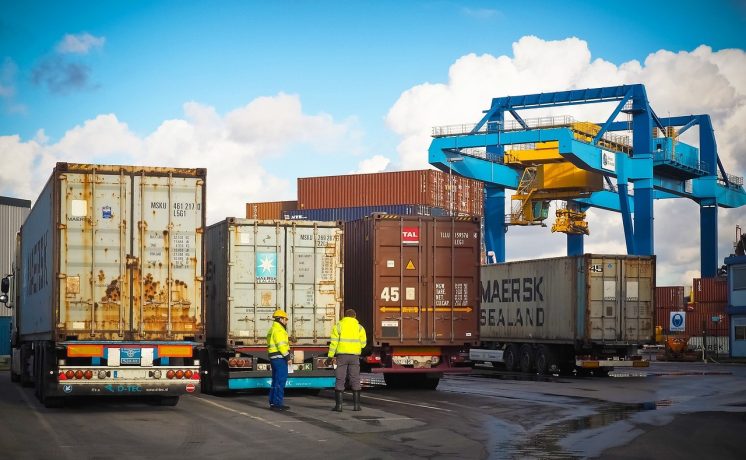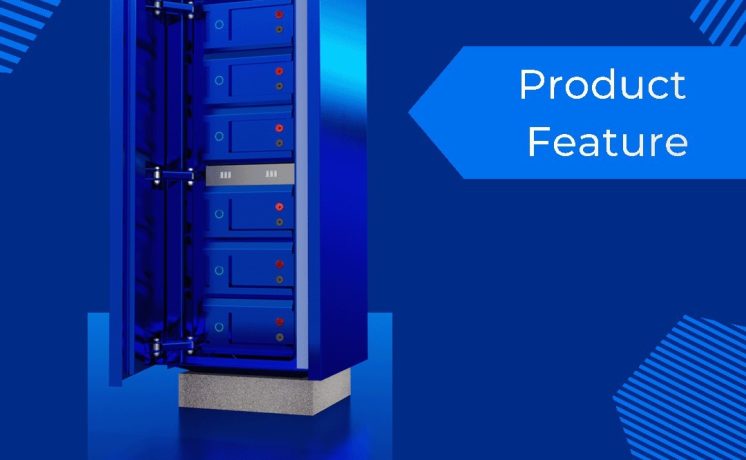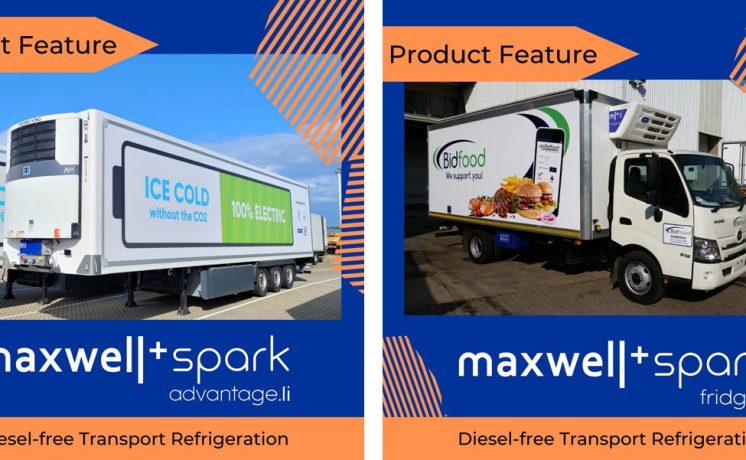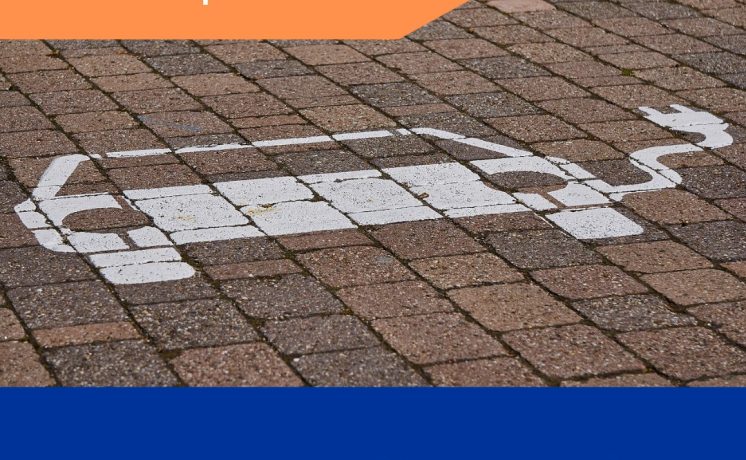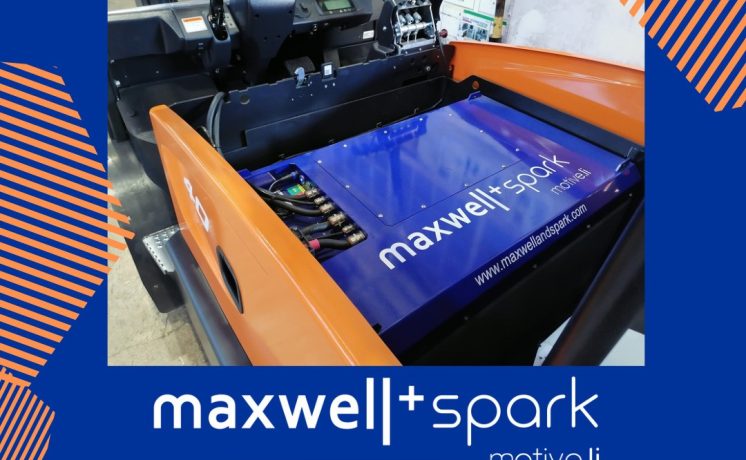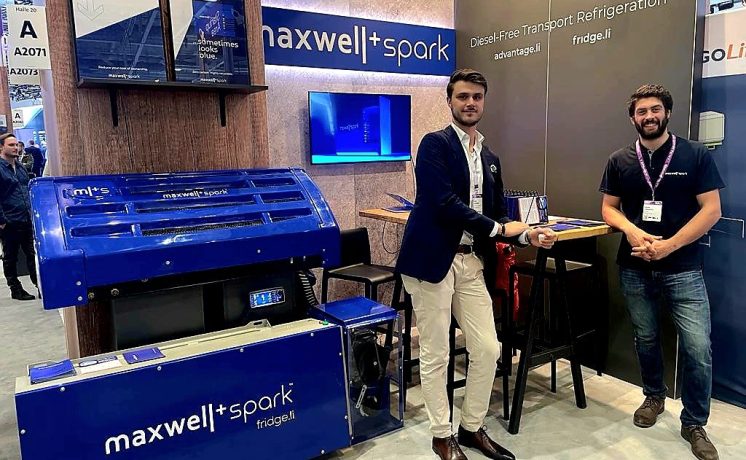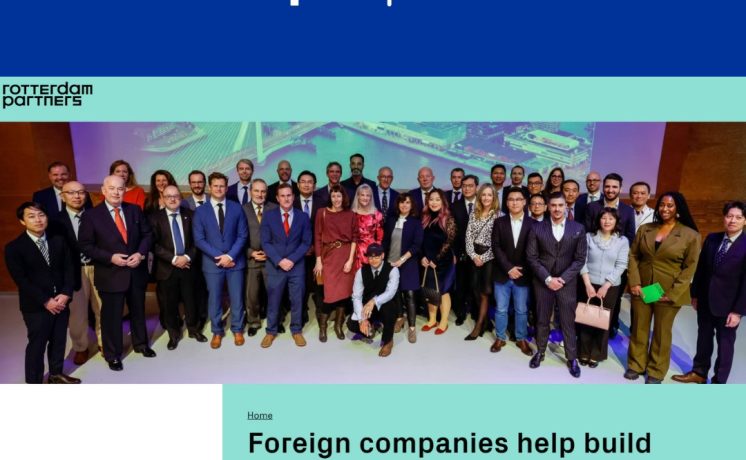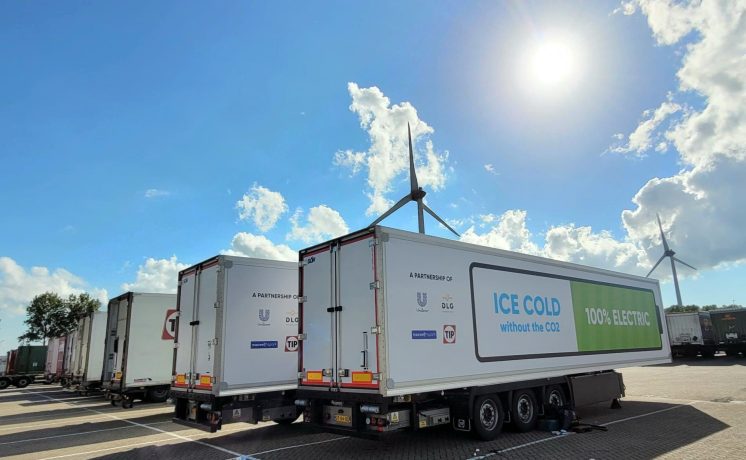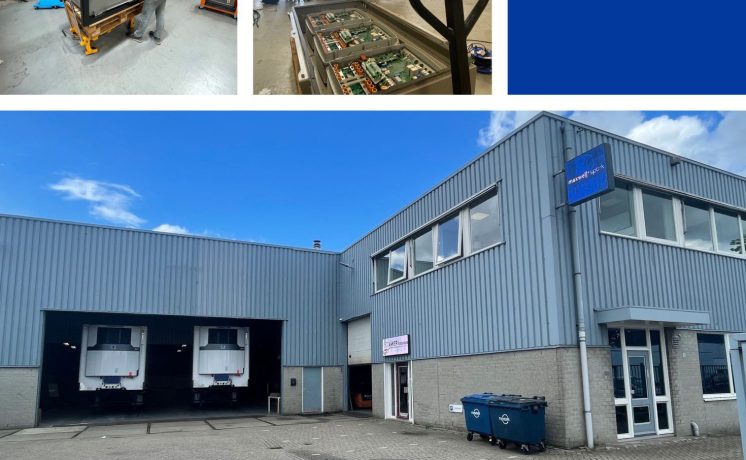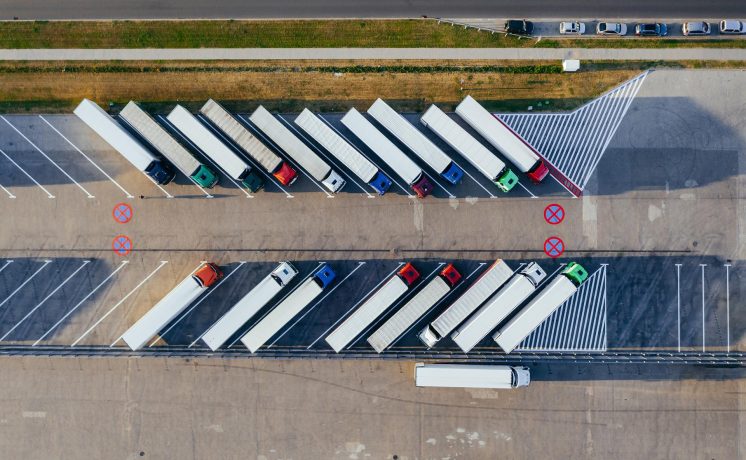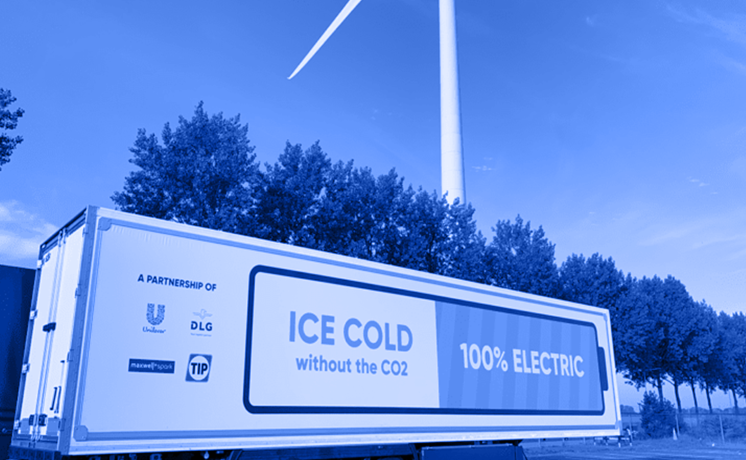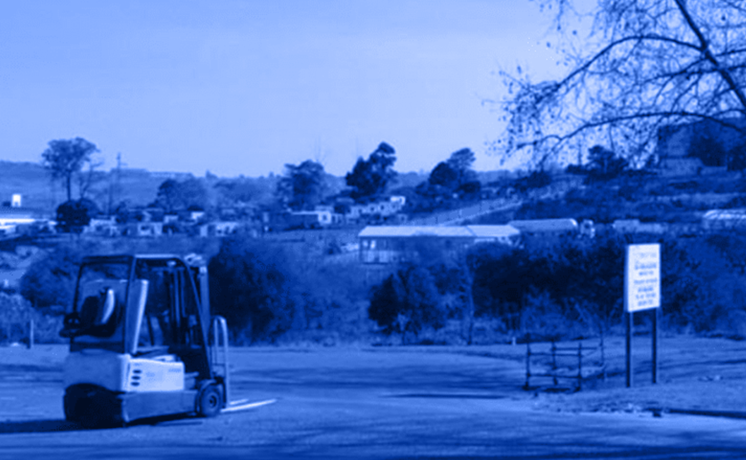With Rotterdam’s plan for Zero Emission Zones there comes a new challenge for logistics companies, but also cleaner, healthier air for the city’s inhabitants. From 2025, all new business vans and trucks entering Rotterdam’s Zero Emission City Logistics (ZES) zone must not emit harmful gases, with all fossil fuel engine vehicles banned by 2030. This move aims to reduce greenhouse gas emissions and air pollution in the city. Rotterdam has designated two areas as Zero Emission Zones – the city center and the port area.
Lithium-ion batteries will play a significant role in achieving this goal. Shifting logistics machinery and vehicles to electric means a greater reliance on lithium-ion batteries which are more efficient and cleaner than traditional fuel sources. They do not cause harmful pollutants or greenhouse gases, making them an ideal solution for achieving zero-emission zones.
Of course, businesses must keep moving within these zones – whether it’s delivering fresh produce to supermarkets, reliable public transport or efficient courier services. To make city logistics smarter and cleaner, the municipality has been working with entrepreneurs and knowledge institutions in the Logistics 010 community since 2014.
In addition to the zero-emission zone, the city is also implementing other measures to reduce carbon emissions. For example, the city has installed a network of charging stations for electric vehicles, and it is promoting cycling and walking as alternative modes of transportation. These measures will help to reduce the city’s carbon footprint and create a more sustainable future for Rotterdam.
The use of lithium-ion batteries in electric vehicles and renewable energy storage will play a significant role in achieving zero-emission zones in Rotterdam. By transitioning to cleaner and more sustainable energy sources, the city can reduce its carbon footprint and improve the quality of life for its residents.
The next engagement event is Plug In 010 on 30 March, where the city will engage with stakeholders and businesses. To learn more about how we might help logistics companies move to cleaner energy solutions, we will be in attendance too.
